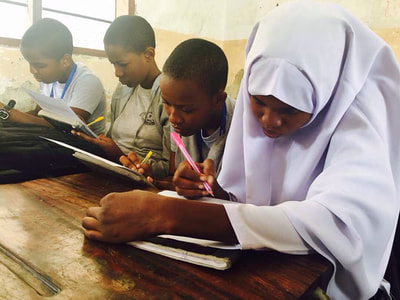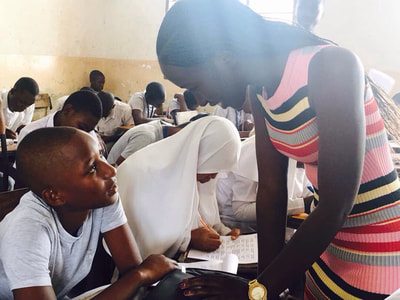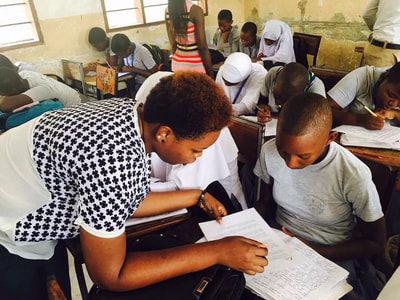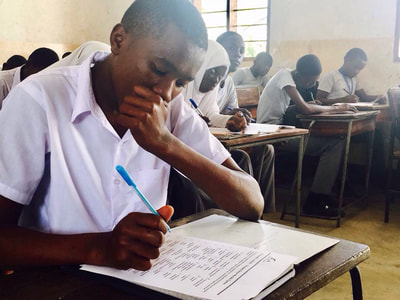Our Projects
Secondary schools in Dar es Salaam widely suffer from limited classroom resources, a lack of learning materials, poor infrastructure and pollution (mainly dust and litter). Class sizes can range between 50 and 100 students and as a result rote-learning is the standard technique for teaching.
Youth advocates say schools fail to teach the skills and intellectual prowess employers are looking for – plus only a tiny minority of students receive any formal careers education. On top of this, each year, 900,000 young Tanzanians enter a job market that is generating only 50,000 to 60,000 new jobs.
As well as producing good employees, the education system should endeavour to produce job creators by equipping youth with entrepreneurial skills. But at school, students rarely get a chance to be creative or solve problems autonomously.
Youth advocates say schools fail to teach the skills and intellectual prowess employers are looking for – plus only a tiny minority of students receive any formal careers education. On top of this, each year, 900,000 young Tanzanians enter a job market that is generating only 50,000 to 60,000 new jobs.
As well as producing good employees, the education system should endeavour to produce job creators by equipping youth with entrepreneurial skills. But at school, students rarely get a chance to be creative or solve problems autonomously.
This year the Education project will be running a selection of new, ongoing and previously piloted initiatives. Please refer to the drop-down menu above to find out more.




